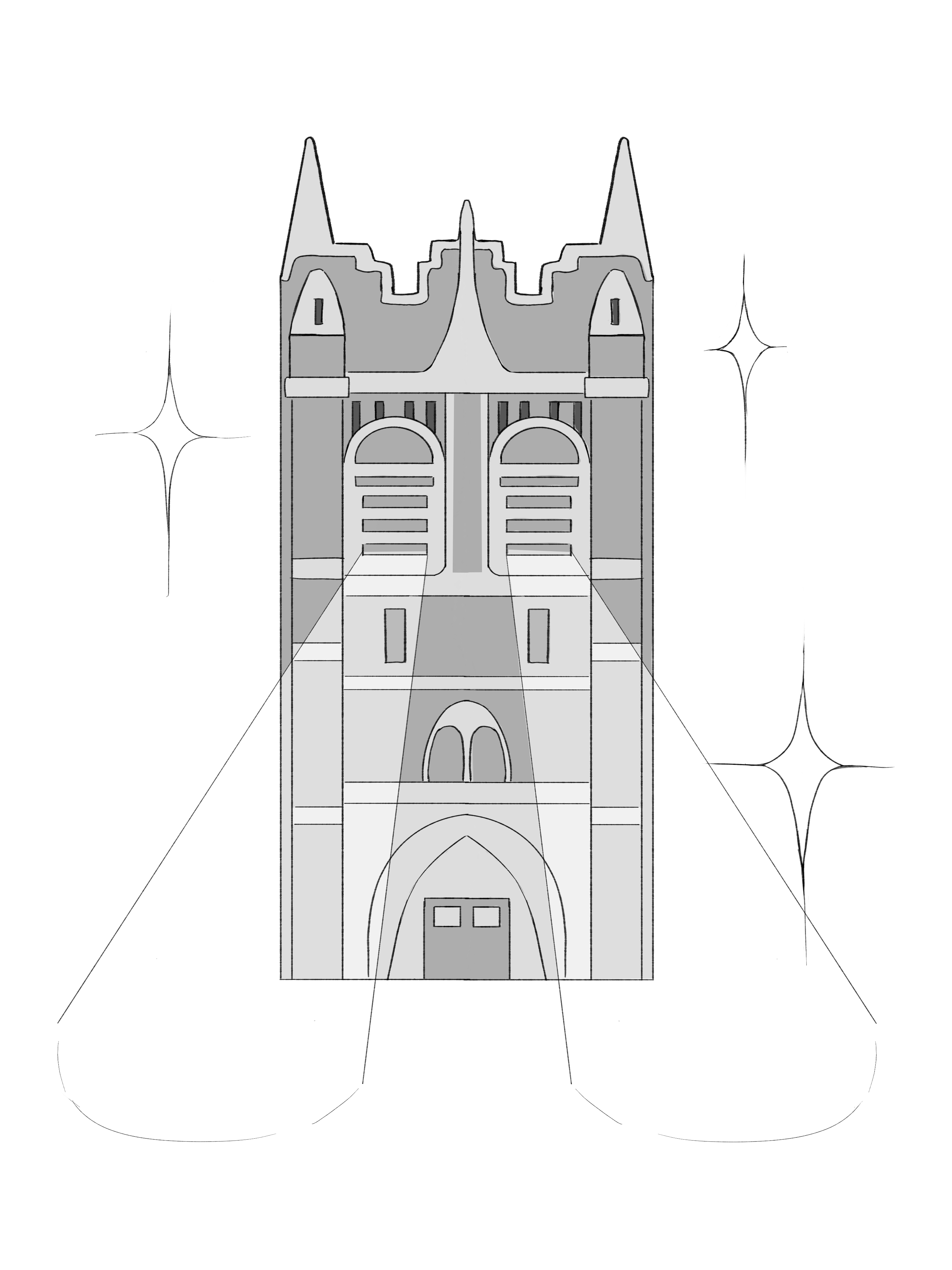High school, as seen through the lens of the American entertainment industry, is less of a place and more of a threshold. You go to school, sure, but you also go through it: you spend four years mired in a soup of shifting social dynamics and stressful homework assignments and people who you’ve learned to categorize as jocks and nerds and theater kids and stoners. Do the specifics really matter? Whatever the topography of a building might be, or however many programs a school offers, its students, like millions of other students around the country, are stuck in a vast, unchanging rite of passage.
Perhaps we have Adam Smith’s old, obstinate, “invisible hand” to thank for this narrative: if the day-to-day struggles of being an adolescent human being are roughly universalizable, we’ll relate to every young adult book on the shelf. When you look a little closer, though, you find that an adolescent’s problems are basically inseparable from the material realities of their surroundings. Different schools lead to different outcomes: PHS, with an average graduation rate of 96 percent, according to the U.S. News & World Report, offers its students a very different experience from the average public school in, say, New Mexico, where, according to the New Mexico Legislature, only 76 percent of high schoolers end up with a diploma. Other differences are harder to quantify, but still easy to notice: schools vary in their commitment to the arts, or the quality of their teachers, or the availability of their extracurricular opportunities. PHS, for its part, offers a wealth of enriching, often unique activities. One of the more obvious extracurriculars in this context is, of course, the school newspaper.
Paradoxically, the school newspaper serves both as an integral part of the stereotypical high school experience and as an agent of specificity. The Opinions section of the Tower is a clear example — articles like “Student council can be more than just another extracurricular,” “Bell schedule — hell schedule?,” and “Our shallow academic performance,” dedicate themselves to picking out small details from our school’s milieu, inspecting them for a few moments, and then setting them back down. Because it’s easier to find flaws than it is to celebrate virtues, this section often ends up being filled with complaints about PHS’s student culture, classes, and system. Pragmatically, this makes sense: if the things you love aren’t being threatened, shouldn’t you spend your precious authorial resources trying to bring attention to things that you don’t love? But sometimes, a stream of complaints — even a stream of well-intentioned, thoughtful, specific complaints — leaves students feeling tired.
In fact, pointing out PHS’s shortcomings without thinking through its advantages leaves the student body with an awfully vague picture of the school as a whole: once you read enough, it begins to seem as though we’re just another public school, populated by a diverse range of teenagers who all must suffer through assorted problems for four years.
And so although the argument that I’m going to make here is one that I hope most students would agree with, it’s also one that doesn’t seem to be articulated very often: I think that PHS is quite nice, actually. In fact, the majority of the student body would have a hard time finding a public high school where they would be better off. There are plenty of ways that I could support this argument. I could tell you, for example, that our school spends twice as much money on students as the average high school does. I could tell you that while, according to the College Board, around 22 percent of students nationwide passed at least one AP exam in 2023, the percentage at PHS is three times higher. I don’t have to tell you any of this, though, because again, I think that if you took the time to ask PHS students whether they think that they attend an above-average high school, most of them would already say yes.
I think our school would be a better place if students followed this train of thought — the one where we realize that PHS is a nice place after all — without being prompted. Sure, “thankfulness is important” isn’t exactly new advice, but if you think a little deeper about what that statement really means, you find some interesting insights.
After all, if PHS already offers so many opportunities for its most advantaged students, shouldn’t our focus shift away from bolstering those programs for the kids who are already involved with them, and towards making sure that more kids can access them in the first place? It seems to me, at least, that if the quality of your high school actually matters, and if most of us have been lucky enough to end up at a legitimately great high school, we should try to ensure that same outcome for as many other students as possible. Weirdly, it’s only when we start to really appreciate PHS that we can spend a little less time thinking about ourselves, and a little more time looking outwards.
